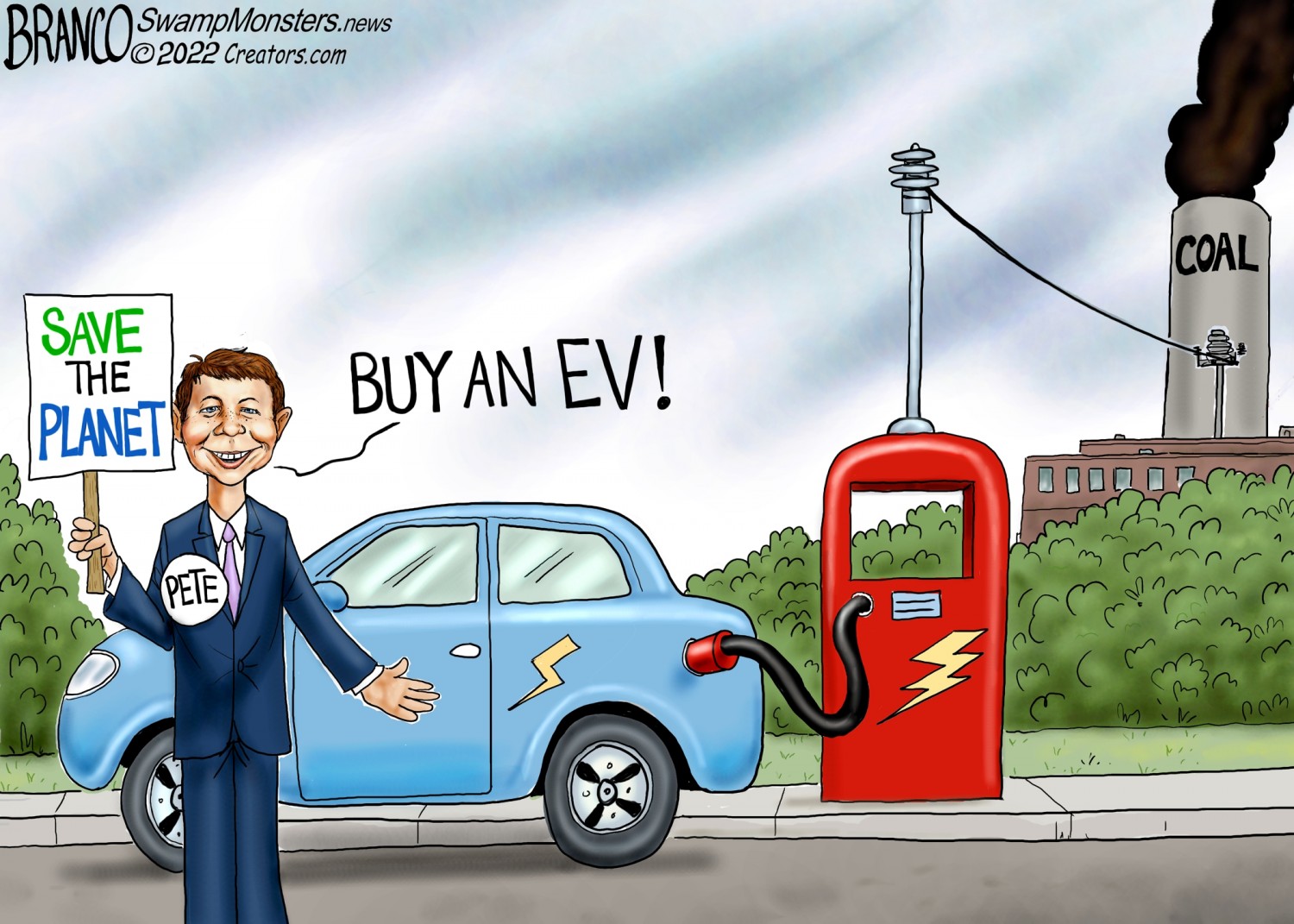Cheap Seats 2022 By Rich Trzupek
Where’s the Beef? - 08/10

By Rich Trzupek
Where’s the beef? Prices may very well be keeping it out of your refrigerator, and inflation has something to do with that. But there’s another factor in play, involving where the beef was before it hit the grocer’s shelves. The meat packing industry has consolidated in recent decades to the point where four companies control about 85 percent of the market. Pretty much everyone agrees that’s a problem, but bipartisanship only goes so far. The difference between Republicans and Democrats on this issue involves what to do about it. Republicans urge President Biden to use the tools he has and enforce existing anti-trust legislation like the Sherman Anti-Trust Act and the Clayton Act. Unlike President Trump, whose Department of Justice did indeed investigate Big Beef, Biden has carefully limited himself to criticism while taking no substantive action. He, or whomever comes up with his talking points, is smart enough to know that $5 per pound for ground beef is a bit exorbitant for most Americans. Don’t let those crocodile tears fool you though. The climate change crowd is cheering the trend and if there is one constituency that Dems are careful never to offend, it’s climate change alarmists.
The big four meat packers in the United States are: Cargill, Tyson Foods, JBS SA and the National Beef Packing Company. The first two are American owned and the latter two are Brazilian. Consolidation in the industry started in the late 1970s when the big four controlled about 25 percent of the market. The industry was robust and decentralized back then, including many small shops (plants that process less than 500 head per week) scattered about the country.
Today, the small meat packer has all but disappeared in the United States. In their place, the Big Four have relied upon mega packing plants that can process thousands of head per day. In most industries, larger plants benefit from economies of scale, driving prices down. In the weird world of meat packing, it hasn’t worked that way, prompting just about everyone to suspect that if it smells like price fixing, it probably is price fixing.
Weirder still is that the prices that the Big Four pay to American ranchers for cattle has and continues to drop. Increasing imports of cheap beef from countries like Canada and New Zealand drives cattle prices down and leaves the American rancher with little choice but to accept contracts with the Big Four that ties the rancher to under-valued pricing. So we have the unique situation of an industry in which the price of the raw material (cattle) drops, but the price of the product (beef) heads in the other direction. One doesn’t require a degree in economics to understand that the increasing spread is making somebody a lot of money.
Reacting to the president’s criticism of the meat-packing industry, South Dakota Gov. Kristi Noem agreed with the president’s view of the problem, but was critical of his unwillingness to take concrete action to address it. Appearing on “Hannity,” a visibly frustrated Noem said “He’s willing to go out there and spend more money and pursue other ideas and not just do the basic job of government, and that’s to make sure you’re implementing the laws correctly, you’re making sure people are following the rules, and his Department of Justice has every single tool to make sure that people aren’t attacked under the situation that they’re in today.”
What causes a politician to talk the talk, but refuse to walk the walk? These days the answers are almost always either “sexism,” “racism” or “global warming.” Since we are not yet aware of people who choose to identify as bovines (but we of course defend their right to do so) the answer, by default, is indeed global warming. Again.
Over 20 years ago I wrote a tongue in cheek column describing the EPA’s comprehensive catalog of data with respect to cow flatulence. They have data classifying the gas passing abilities of cattle by breed, by diet, by location and God only knows what else. I started to speculate on how that data was acquired and by whom, before deciding that some things are better off unknown. And I jokingly observed that if we’re classifying cow farts, what’s next? Are we going to start regulating them?
It was all great fun, but it was all unwittingly prescient. If the Dems can’t quite bring themselves to pass a bill regulating bovine flatulence – probably out of fear that the ensuing VP Harris giggle fit would force the session into the wee hours – they do the next best thing. They look the other way as Big Beef happily makes their product more and more expensive, reducing consumption, but who really cares so long as those beautiful margins continue to grow? Dems get what they want, less cows cutting the cheese and the Big Four get some very happy shareholders. It is, from the Democrat perspective, a win/win.
For the record, according to the latest EPA Greenhouse Gas report, methane emissions from cows contribute about 6,800,000 tonnes per year of methane to the atmosphere. That’s equivalent to about 170,000,000 tonnes of carbon dioxide. Sounds like a lot, until one realizes that annual worldwide greenhouse gas emissions average about 50,000,000,000 tonnes of carbon dioxide equivalent gas per year. Thus, Bessie and Elsie and their pals on American farms account for a little more than 0.3 percent of all greenhouse gas emissions. Does reducing that tiny fraction to a slightly tinier fraction justify $5-plus per pound hamburger? Joe Biden seems to think so. But then when you regularly shake hands with invisible people, you can pretty much believe anything.
Email: richtrzupek@gmail.com